It was supposed to be another ordinary Tuesday. I logged onto Reddit, half expecting playful banter and dance memes on r/SwingDancing. Instead, I stumbled into a raw dialogue about community trauma, hope, perseverance, and the unshakable spirit of people who just want to dance. If you think online corners are only for shallow exchanges, you haven’t seen what happens when music and hardship collide. Here’s what unfolded, and why it matters.
A Celebration Interrupted: Joy, Scandal, and the Reality of Swing Dance Safety
If you spend any time on the r/SwingDancing subreddit, you’ll notice how it’s more than just a place to share dance videos or ask about Lindy Hop footwork. This online swing dancing community, with over 24,000 members, is a living archive of dance history, event news, and—sometimes—urgent safety alerts. It’s a space where the joy of swing dancing meets the tough realities of community life, especially when it comes to swing dance safety and accountability.
Recently, the community was shaken by sexual assault allegations against Max, a well-known figure in the swing dancing world. The post addressing these allegations came with a clear content warning, signaling the seriousness of what was to follow. Ruth Evelyn, a respected member, stepped forward as a survivor, sharing her personal story and responding to skepticism about the evidence. She didn’t mince words, stating,
It f*cking sucks. Make of that as you will. – Ruth Evelyn
Her testimony sparked a wave of support and honest conversation about the need for swing dance support and accountability. The thread quickly filled with comments—some skeptical, some supportive, but all engaged. Research shows that swing dance communities, while often celebrated for their friendliness and inclusivity, are not immune to the challenges of addressing sexual misconduct and supporting survivors. The ongoing discussion highlights just how much work remains to ensure swing dance safety for everyone involved.
One of the most striking responses came from Thomas Blacharz, a prominent teacher and Max’s former mentor. Thomas publicly admitted, via Facebook, that he had been aware of Max’s reputation but failed to act on rumors or intervene. His words echo the struggle many in the swing dancing community feel when confronting uncomfortable truths:
We are all responsible for the future of this community. – Thomas Blacharz
Thomas’s apology and acceptance of responsibility set a tone for others. Community members like Kareck voiced their support for Ruth Evelyn, promising to boycott events that continued to hire Max. Jo Hoffberg, another respected dancer, confirmed that Ruth was not alone—she knew of at least two other survivors. These public statements and boycotts are part of a broader movement within the swing dancing community to demand accountability and foster a safer environment for all dancers.
What’s notable is how this conversation about swing dance predators and safety doesn’t exist in isolation. Other dance subreddits, such as r/WestCoastSwing and r/tango, have echoed similar struggles, showing that these issues are widespread across dance genres. The r/SwingDancing page itself balances these urgent discussions with its usual content: threads about Lindy Hop’s history, questions about community behavior, and posts celebrating the joy of dance. Metrics like 75 upvotes and 63 comments on a friendliness thread, or 102 comments on dance challenges, reflect how deeply engaged the community is—not just with the art of swing, but with its culture and values.
Amid the scandal, the community’s vibrant life continues. Members swap stories about awkward moments on the dance floor, debate the best way to learn new moves, and share resources for beginners. Yet, the reality of swing dance safety and the need for swing dance accountability remain front and center. The willingness to confront these issues—publicly and persistently—shows both the pain and the courage within the swing dancing community. It’s a reminder that while swing dance is about joy and connection, it’s also about responsibility and support, especially when the music pauses and the hard conversations begin.

Echoes of Lindy Hop: How History and Inclusivity Shape Community Values
If you spend any time on r/SwingDancing, you’ll quickly notice how often Lindy Hop history comes up in conversation. The subreddit, with its 24,000+ members, is a living archive where the roots of swing dance culture are not just referenced—they’re actively debated, celebrated, and sometimes challenged. Members frequently link to the Lindy Hop Wikipedia page, using it as both a historical anchor and a springboard for deeper discussions about what the dance means today.
This focus on heritage isn’t just about nostalgia. It’s about understanding where swing dance comes from and how its past shapes the present. You’ll see threads dissecting the inventors of Lindy Hop, the Harlem ballrooms, and the social movements that made the dance what it is. These aren’t just trivia sessions—they’re conversations about culture, purpose, and the values that hold the community together.
But swing dance culture isn’t only about looking back. There’s a strong current of swing dance inclusivity running through the subreddit. Members often romanticize the welcoming vibe of the scene, but they’re not afraid to ask tough questions. Why is the swing dancing community so friendly compared to others? What does it mean to be truly inclusive? These questions pop up in popular threads, with one on friendliness drawing 75 upvotes and 63 comments, and another on dance challenges reaching 102 comments. The numbers show just how engaged people are with these topics.
You’ll find a mix of voices—newcomers sharing awkward first lessons, veterans recalling their own struggles and “aha” moments. There’s pride in the community’s heritage, but also a willingness to admit where things could be better. For every post celebrating the joy of swing dance revival, there’s another examining issues like cultural appropriation, accountability, and the need for safer spaces. Research shows that heritage and inclusivity are dual cornerstones of the swing dancing community, and these values are reflected in the ongoing dialogue.
The subreddit doesn’t shy away from hard truths. When serious issues arise—like the recent discussions about sexual assault and accountability—members rally around survivors, share resources, and call for change. These conversations are woven into the fabric of the community, not hidden away. As one imagined community mentor puts it:
Lindy Hop isn’t just a dance—it's a dialogue across time.
This dialogue is visible in the way the community uses educational prompts and official histories. References to Wikipedia and other sources act as both anchors and openers for debate. For example, you’ll see reminders to read up on Lindy Hop’s origins before joining discussions, or prompts to reflect on the dance’s cultural context. These signals show an appreciation for tradition, but also a push for critical thinking.
Threads often branch out into related topics: the size of local swing dance scenes, the challenges of learning new moves, and the social dynamics of dance events. Members trade stories about being hit on at socials, dealing with awkward moments, or navigating club scenes. This mix of light-hearted and serious content reflects the vibrancy and complexity of swing dance culture.
Ultimately, the r/SwingDancing community is a place where Lindy Hop history and swing dance inclusivity are in constant conversation. The subreddit’s structure—recurring prompts, educational links, and open debates—mirrors the broader swing dance revival happening around the world. Here, pride in legacy mingles with a resolve to do better, ensuring that the echoes of Lindy Hop continue to shape community values for years to come.
The Hardest Step: Navigating Accountability and Difficult Conversations
When you step into the world of swing dancing, you might expect a space filled with joy, rhythm, and connection. But sometimes, the music pauses—and the community must face tough truths. The recent allegations against Max, a well-known figure in the swing dance scene, have forced a reckoning. These events have sparked open discussions about swing dance accountability, the importance of calling out abuse, and the challenge of cultivating trust in a close-knit environment.
On r/SwingDancing, a subreddit with over 24,000 members, you’ll find a prominent post with a content warning about sexual assault. This isn’t just another thread about Lindy Hop history or favorite dance shoes. It’s a raw, honest conversation about harm within the community. Ruth Evelyn, a survivor, bravely shares her experience and addresses skepticism about the evidence—specifically, a screenshot from Facebook. She admits, “It f*cking sucks. Make of that as you will.” Her words highlight a core issue: even when survivors speak up, they often face doubt and scrutiny.
This is where swing dance difficult conversations come into play. Thomas Blacharz, once Max’s teacher and friend, publicly reflects on his own role. He confesses that he noticed Max’s interest in women but never suspected abuse. Thomas’s statement, made on Facebook nine years ago, is heavy with regret. He apologizes for not confronting Max or acting on rumors, saying, “We are all responsible for the future of this community.” His words echo a common struggle—how do you balance friendship, loyalty, and the moral imperative to protect others?
Grassroots responses are just as vital as leadership apologies. Kareck, another community member, thanks Ruth for her courage and pledges to boycott any event that hires Max. This is more than a personal stance; it’s a call for swing dance support and a signal that accountability can start from the ground up. As Kareck puts it:
We have to do more than dance—we have to care for each other.
The conversation doesn’t end with one person’s story. Jo Hoffberg, a respected dancer, confirms that Ruth is the third person she knows who has been assaulted by Max. Multiple survivors stepping forward reveal a pattern—this isn’t an isolated incident, but a sign that the community must remain vigilant. Research shows that when survivors speak out, it often encourages others to come forward, sparking wider debate and systemic introspection.
As you scroll through the subreddit, you’ll notice the community grappling with tough questions. How much responsibility do bystanders have? What does real safety look like at events? Should organizers change their policies, or is it up to individuals to act? These are not easy questions, and there’s no single answer. The tension between transparency and privacy is real—especially when evidence like screenshots can be questioned or dismissed.
You’ll also see that calls for swing dance accountability go beyond individuals. There’s talk about group ethics, event policies, and the challenge of confronting popular or powerful figures. Boycotts, public discussions, and leadership apologies form an ecosystem of responses. The debates about evidence and authenticity only add to the complexity, as the risk of silence can be just as damaging as the risk of false accusations.
All of this unfolds against the backdrop of a vibrant, supportive, and sometimes quirky community. Threads about Lindy Hop’s legacy, awkward dance moments, and the joy of movement remind you that swing dance is about connection—but also about responsibility. As the community navigates these difficult conversations, it becomes clear that creating safer spaces requires both leadership and grassroots action. The hardest step, it turns out, is not always on the dance floor.

Joy Between the Beats: Finding Fun and Social Lifelines
When you step into the world of swing dance socials, it’s easy to imagine a scene filled with upbeat music, fancy footwork, and laughter echoing across the dance floor. While the swing dancing community often faces tough conversations—like those about accountability and safety—there’s another side that keeps people coming back: the pure, unfiltered joy that happens between the beats. This is where the heart of swing dance social life truly shines.
On the r/SwingDancing subreddit, you’ll quickly notice that not all discussions are heavy. In fact, some of the most popular threads are dedicated to the lighter, more humorous side of dancing. Posts like “When following the dance instructor doesn’t go as planned,” “Cringiest moments,” and “Is dancing just weird?” invite dancers to share their most awkward, funny, or downright embarrassing stories. These threads often rack up dozens of comments and upvotes—one lighthearted thread about friendliness in the community reached 75 upvotes and 63 comments, showing just how much people value these moments of levity.
It’s not just about swing, either. The subreddit regularly references other dance and music communities, from r/Vocaloid (163K members) to r/Bachata (14K members) and r/tango (6.9K members). This cross-pollination introduces new styles, fresh perspectives, and a broader appreciation for dance as a whole. You might stumble upon a trivia post about the quirks of Bachata or a funny meme from r/AccidentalComedy (974K members), reminding everyone that dance, at its core, is about connection and fun.
One thread that stands out is from r/DoesAnybodyElse, titled “DAE think dancing is just fucking weird?” With 2.7 million members, this community brings together people who love to laugh at the oddities of everyday life—including the sometimes silly world of swing dance. Whether it’s stories of failed dips, stepping on toes, or misfired spins, these shared experiences act as social glue. As one invented Redditor put it:
Nothing unites (or embarrasses) people quite like a misfired spin.
Research shows that laughter and shared awkwardness can actually strengthen community ties. In swing dance socials, these moments give everyone a chance to breathe, vent, and grow closer. It’s not unusual to see threads debating which dance community is the friendliest, with many users pointing to the swing dancing community’s unique blend of openness and humor as a key reason they stick around. This sense of camaraderie is especially important when the community faces difficult topics. Levity offsets gravity, helping members process tough truths while still finding reasons to celebrate the joy of movement.
Community reminders play a big role here, too. Moderators and long-time members frequently urge everyone to respect each other and to remember that, even in challenging times, swing dance socials are meant to be fun and inclusive. This balance—between serious discussions and light-hearted engagement—creates a space where you can both address important issues and find relief in laughter.
It’s also worth noting how the swing dancing community’s diversity deepens these social bonds. By welcoming dancers from all backgrounds and interests, and by referencing everything from club scenes to reality TV, the community stays vibrant and ever-evolving. This diversity not only broadens the swing audience but also makes every social event a little more interesting, a little more unpredictable, and a lot more joyful.
So, whether you’re a beginner nervously stepping onto the floor for the first time or a seasoned dancer with a collection of cringeworthy stories, you’ll find that the swing dance social life is as much about laughter and connection as it is about perfecting your steps. In the end, it’s these joyful moments between the beats that keep the swing dancing community moving forward—together.
Wild Card: Would Swing Survive Without the Internet? (A Reddit Thought Experiment)
Imagine logging onto Reddit one day and finding that r/SwingDancing—your go-to hub for all things swing dance social media—has simply vanished. No more upvoted lessons, no more trending memes, and, crucially, no more digital lifelines for sharing stories, warnings, or support. What would happen to the swing dance community if the digital thread holding it together suddenly snapped?
Right now, the SwingDancing subreddit is home to over 24,000 members. That’s a massive network of dancers, teachers, event organizers, and curious newcomers, all connected by a shared love of Lindy Hop and other historic dances. But it’s not just about numbers. This online space is where you find everything from lesson tips and event invites to tough conversations about safety and accountability. It’s a place where you can ask, “What’s the hardest thing about your swing dancing journey?” and get 102 comments of real, lived experience in return.
Think about how swing dance meetups are organized today. You RSVP online, get event reminders, and even receive emergency alerts if something changes last minute. Social media marketing drives attendance, spreads the word about beginner lessons, and helps you find your local scene. Without these digital tools, would you even know where to go—or who to trust when you got there?
Reddit’s interface shapes the swing dance community in subtle but powerful ways. Upvotes push important threads to the top, whether it’s a heartfelt post about a community challenge or a meme that perfectly captures the joy (and awkwardness) of social dancing. Real-time support is just a comment away, and the blend of humor and honesty makes even the toughest topics feel approachable. As one imaginary organizer puts it:
The best swing lessons are part meme, part memory.
But it’s not all lighthearted. When serious issues arise—like the recent discussions about sexual assault and accountability—social media becomes a megaphone. Survivors like Ruth Evelyn can share their stories with thousands, and the community can respond instantly. Public statements, apologies, and calls for change reach a wider audience than any local dance floor could ever hold. Research shows that this kind of digital transparency is foundational to how modern swing dance communities address harm, support survivors, and demand accountability.
Of course, there’s a flip side. What gets lost when digital replaces face-to-face? Can you really “read the room” on a subreddit? Online, it’s easy to misinterpret tone or miss the subtle cues you’d pick up in person. Some conversations—especially about sensitive topics—can feel more distant, even when they’re happening in real time. And while social media amplifies connection, it can also magnify conflict or confusion.
Still, the online-to-offline flow is crucial. Warnings about problematic figures, support channels for those in crisis, and invitations to inclusive events all start online before they shape what happens in real life. The swing dance marketing ecosystem depends on social media to keep the scene vibrant and visible. Without it, the community risks shrinking back into isolated pockets, losing the energy that comes from shared stories and collective action.
In the end, the internet acts as both amplifier and safety net for the swing dance community. It’s where you celebrate victories, process setbacks, and build the kind of accountability that keeps the music—and the movement—alive. Whether you’re a seasoned dancer or just learning your first triple step, the digital world is now as much a part of swing as the music itself.

Making the Scene: Building Safer, Stronger, Wilder Spaces Together
When you step into the world of swing dancing, whether online or in person, you’re joining a vibrant, passionate community that thrives on connection, creativity, and joy. But as the r/SwingDancing subreddit shows, this scene is also learning to face tough truths head-on. The conversations there—sometimes difficult, always real—shine a light on what it takes to build a safer, stronger, and wilder swing dancing community together.
Respect, safety, and enjoyment aren’t just buzzwords tossed around at events or in lesson intros. They’re the foundation of swing dance unity. You’ll notice that community reminders about these values are everywhere: pinned posts, lesson introductions, and digital prompts all urge you to stay vigilant and reflect on your own behavior. This isn’t about policing fun; it’s about making sure everyone feels welcome and protected while they dance.
The recent discussions on r/SwingDancing, especially around the allegations of sexual assault involving a prominent community member, have forced many to confront uncomfortable realities. Survivors like Ruth Evelyn have stepped forward, sharing their stories despite the personal cost. Their bravery, and the support from outspoken allies, is shifting the culture. As one community member put it, “Honesty is the wildest dance step of all.” This kind of honesty—painful as it may be—drives real change, pushing the swing dancing community to address issues that once went unspoken.
You’ll see that swing dance accountability is becoming a central theme. Public apologies, like the one from Thomas Blacharz, show that leaders and teachers are beginning to recognize their own roles in shaping community standards. Thomas’s words—“We are all responsible for the future of this community”—echo through the threads, reminding everyone that lasting unity requires both individual and collective action. Research shows that policy, survivor leadership, and ongoing education are all crucial for driving cultural change. It’s not enough to simply have fun; there must be a fierce commitment to learning from pain and advocating for those who have been harmed.
Organizations and event hosts are now looking to established models, such as the World Swing Dance Council, for guidance on policy and event safety. The Council’s influence as a global organizer is helping set new standards for what’s expected at swing dance events. But policy alone isn’t enough. The real work happens in daily interactions—when you choose to support a survivor, when you speak up about inappropriate behavior, or when you help create a space where everyone feels safe to express themselves.
The swing dancing community is, at its heart, about joy and connection. But as the Reddit threads reveal, there’s an ongoing struggle to balance “keep it fun” with “keep it real.” Sometimes, the music pauses, and you’re left with hard conversations and uncomfortable truths. Yet, these moments are where the community grows stronger. By embracing both celebration and accountability, you help create a scene where honesty, support, and unity are more than just ideals—they’re lived realities.
As you look to the future of swing dancing, remember that the most authentic, caring communities are those willing to learn from their past and advocate fiercely for a better tomorrow. When accountability meets joy, the result is a space that’s not only safer and stronger, but also wilder and more welcoming than ever before.
TL;DR: Swing dancing isn’t just about fast feet and vintage flair—it’s a complex, living community wrestling with joy, history, hard conversations, and a real need for mutual care. The story matters for every group striving for honest fun and safety.
A big shoutout to SwingDancing for the outstanding content!
https://www.reddit.com/r/SwingDancing/comments/5ojgbg/content_warning_description_of_sexual_assault_in/?show=original


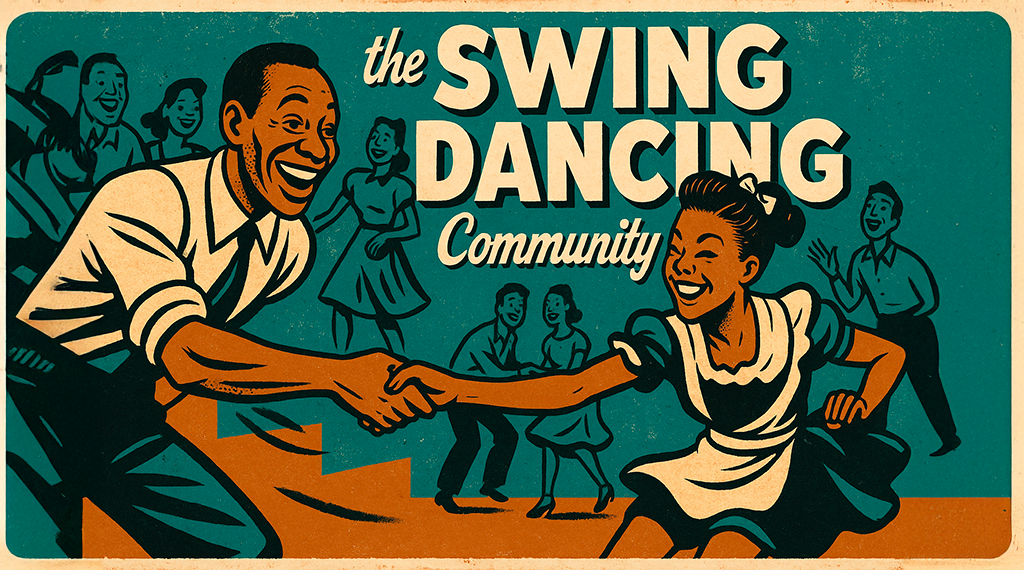
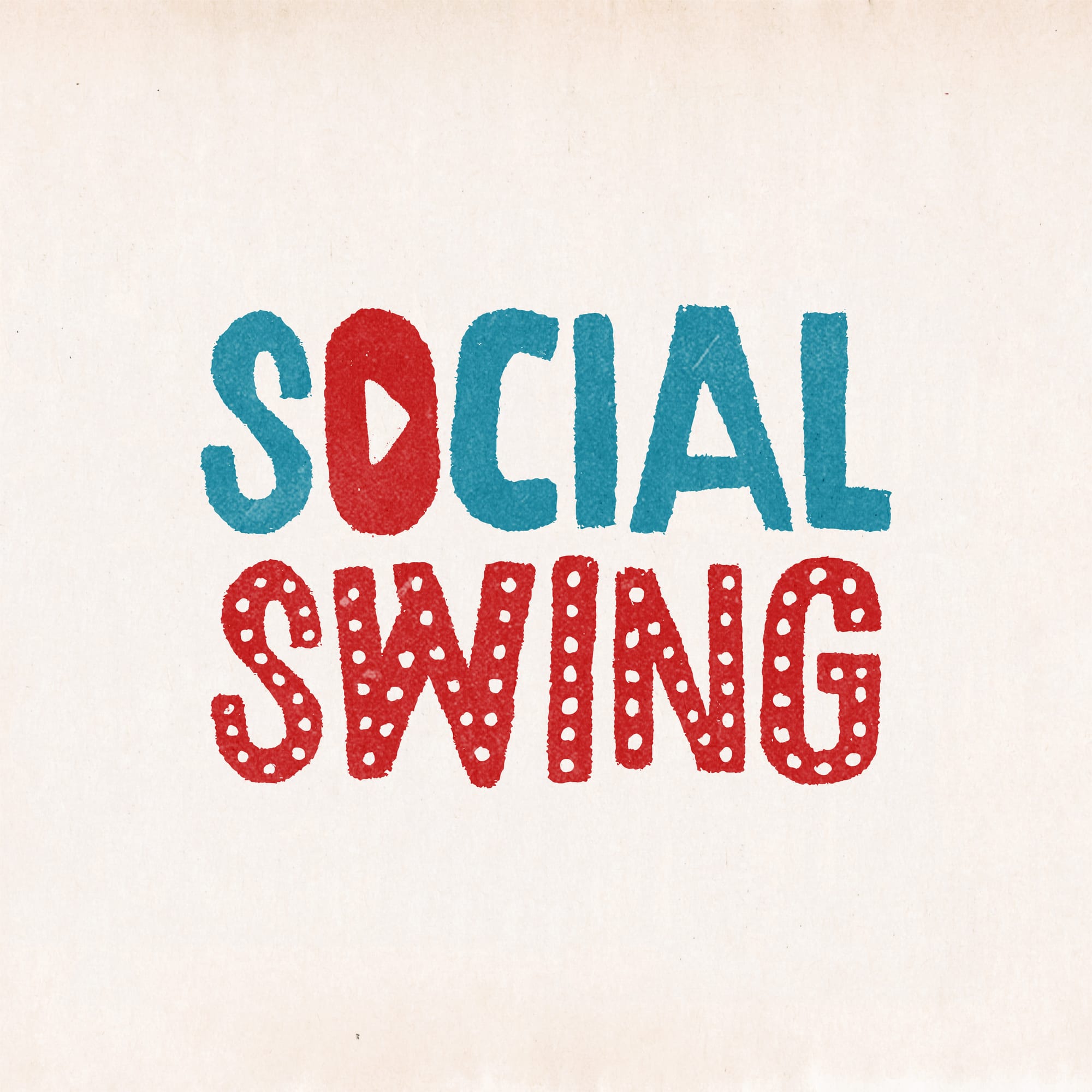
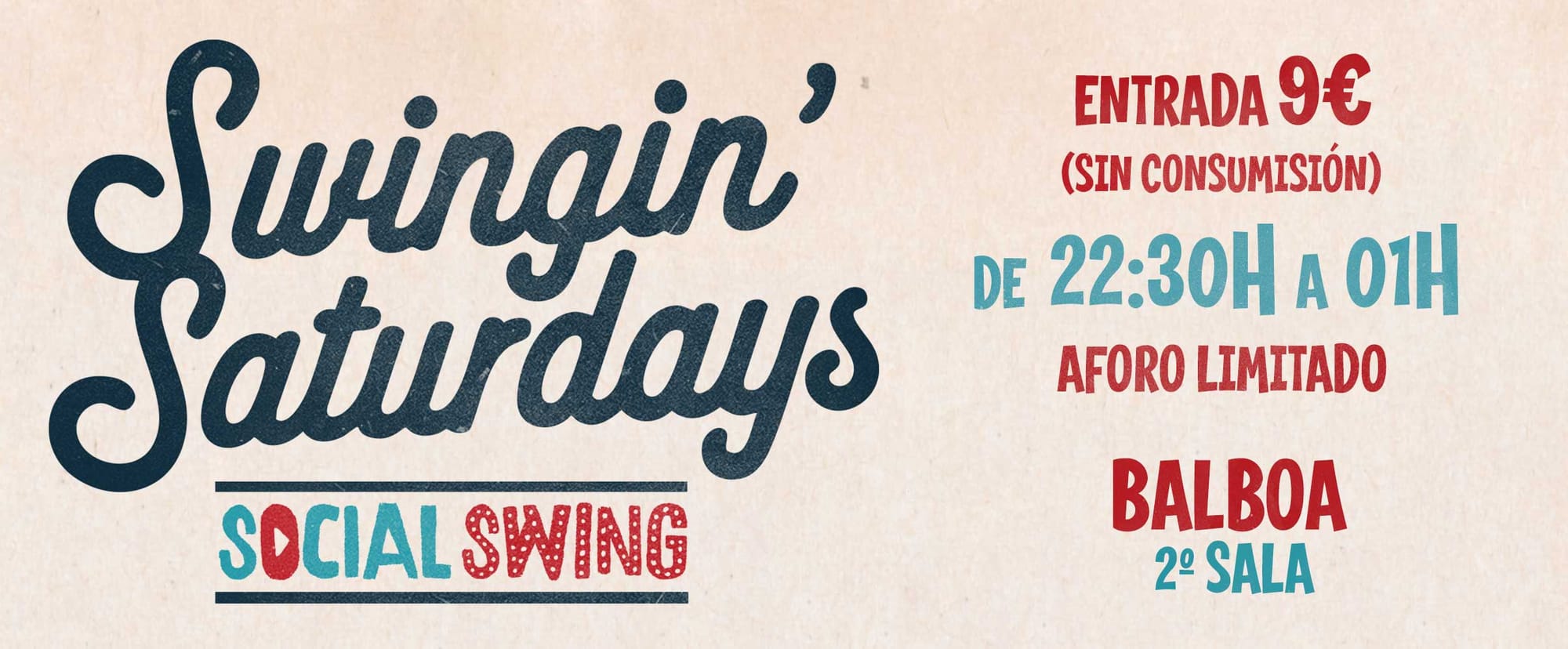
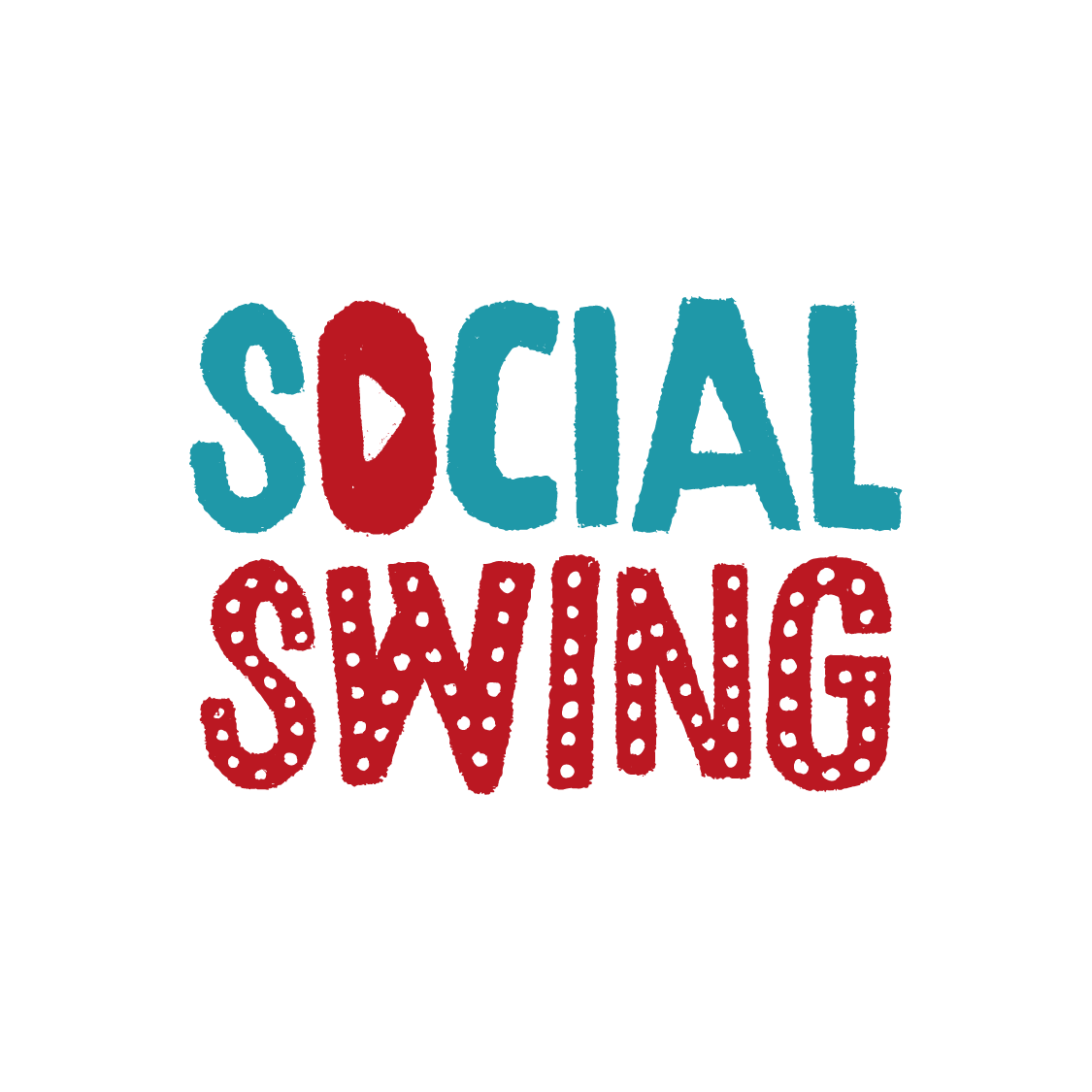
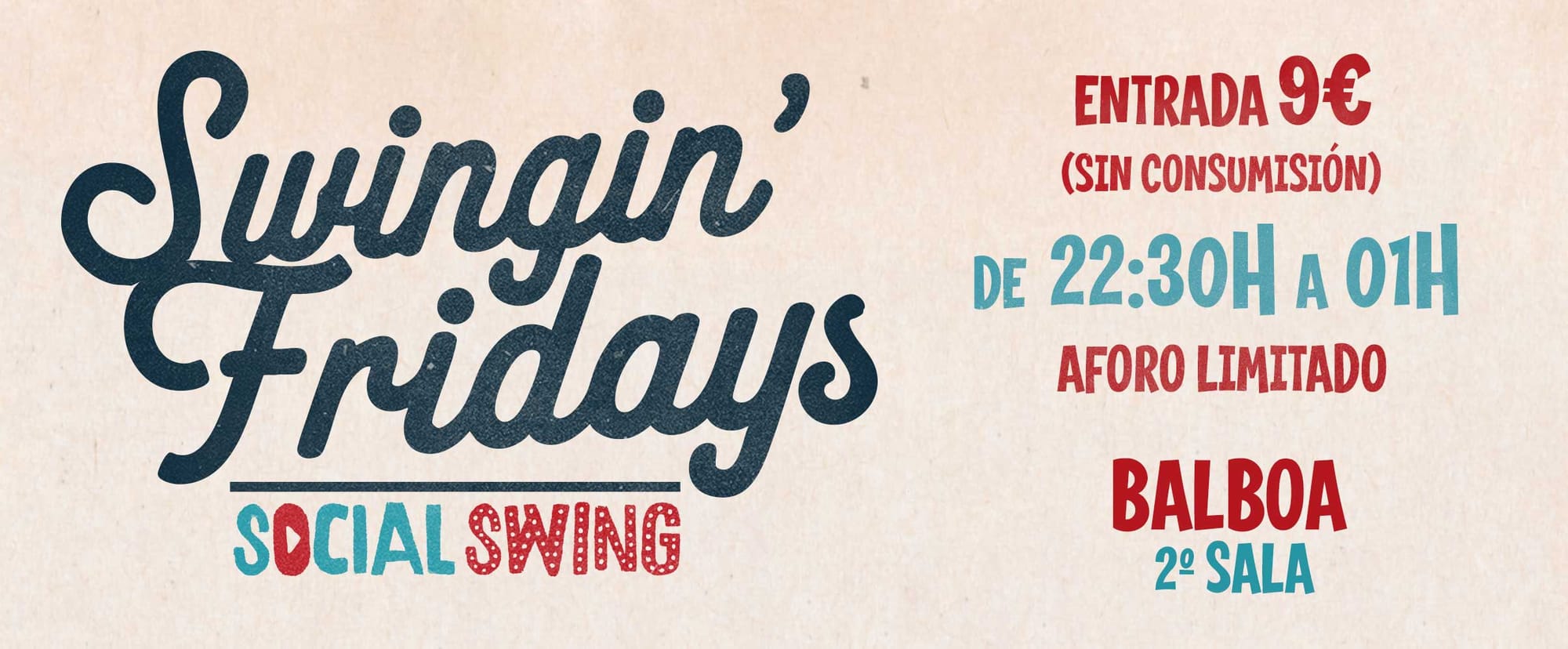
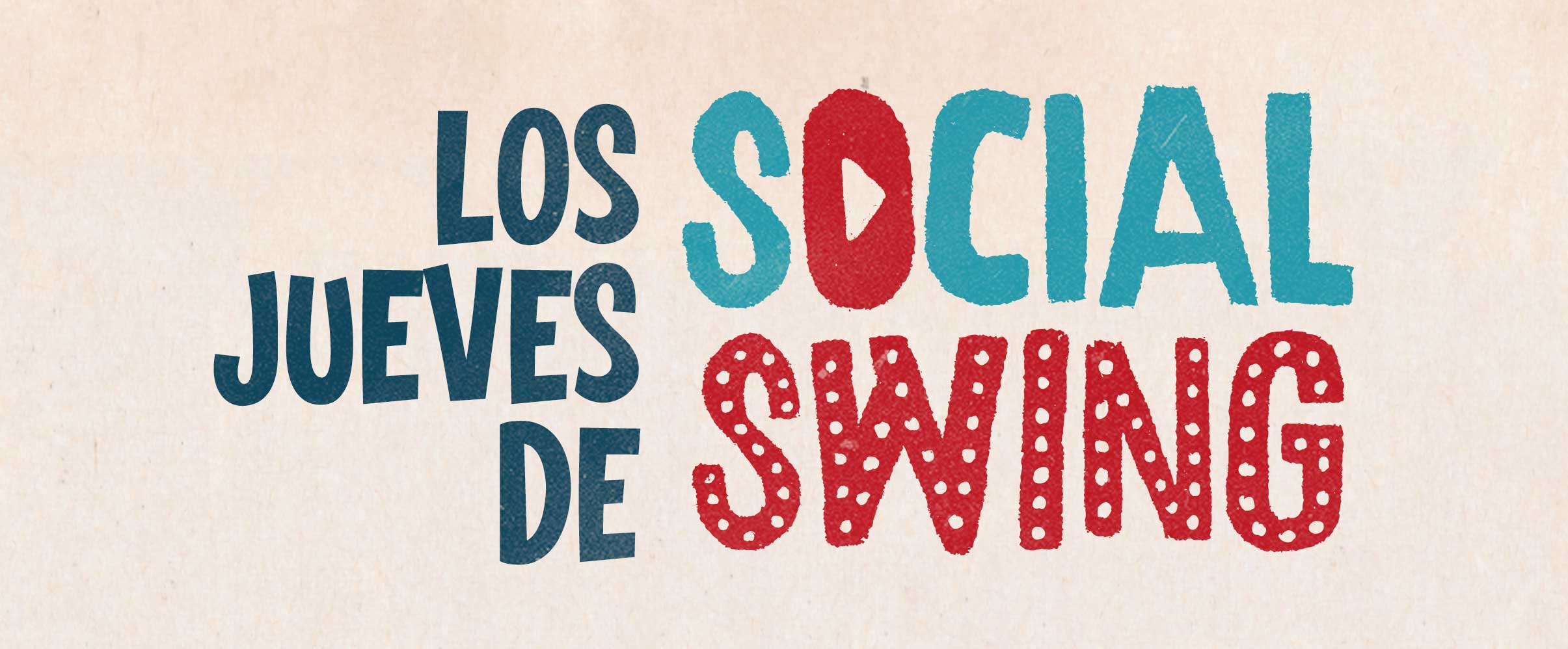
Discussion